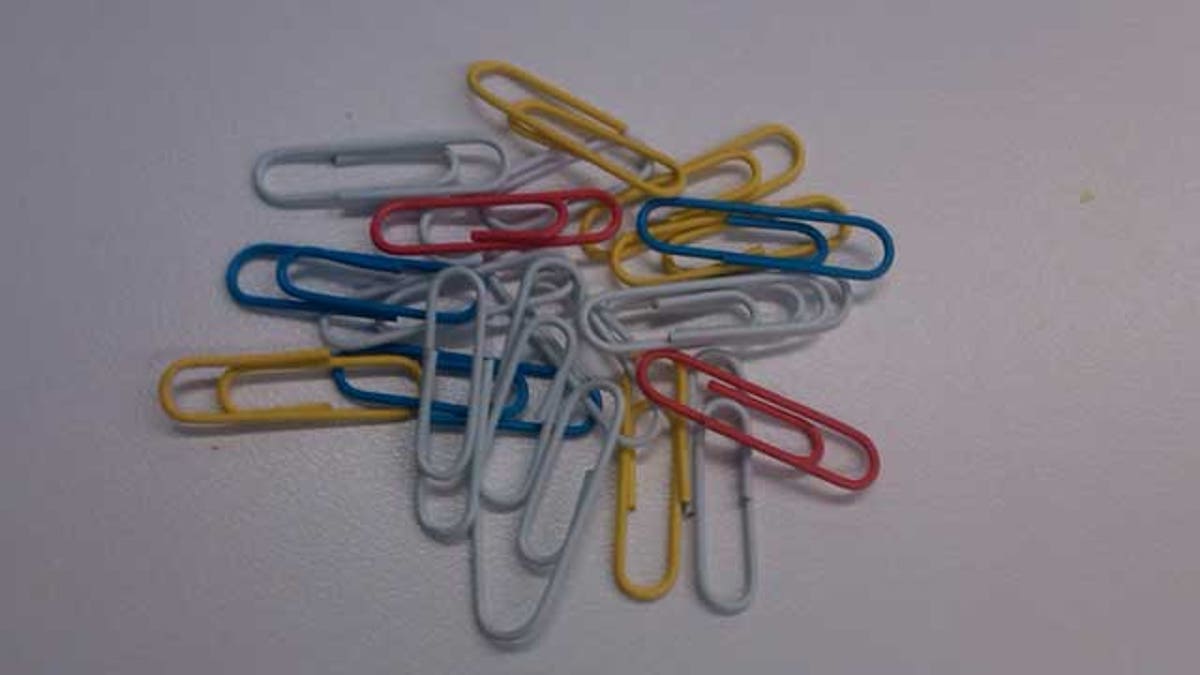
Manufacturers of science kits for classrooms are locked in a debate with federal officials, who just moved a step closer to requiring costly new safety tests on the components of those kits (Fox News)
Federal regulators are hard at work making the world a safer place for kids -- starting with the threat posed by toxic paper clips.
Never heard of a toxic paper clip? Neither have the manufacturers of science kits for classrooms across the country.
But they're now locked in a debate with federal officials, who just moved a step closer to requiring costly new safety tests on the components of those kits.
The kit makers warn the requirements could end up mandating pointless tests on components ranging from paper clips to nails to rulers.
"There's never been a problem with lead or anything in any of these products," said Paul Nathanson, spokesman for the HandsOn Science Partnership.
The dispute emerged in the middle of the Consumer Product Safety Commission's work implementing a 2008 law that requires lead and other chemical tests on children's products. As part of that process, the commission Wednesday issued guidelines over what qualifies as a children's product -- at the same time, the panel rejected a request from science kit makers to exempt the above components.
Toxic paper clip testing could be next.
Not every bell and whistle in the kits will have to undergo testing. But some of them could, depending on how the kit is marketed and other factors. The companies argue that the regulation subjects their products to a double standard -- paper clips bought at the local convenience store would not be subject to any testing, but once they find their way into a child's lab kit they might have to be certified.
"They miraculously become a children's product when our clients pick those products up and put them in a science kit," said Ed Krenik, a lobbyist for HandsOn Science, a network of manufacturers.
Commissioners insist the regulations will not ban science kits and would be applied on a case-by-case basis.
Roy Phillips, a spokesman for the commission, said under the new guidelines four different criteria would be used to determined whether the components qualify as a children's product -- such as the way the kit is marketed.
According to the guidelines approved Wednesday on a 3-2 vote, the regulations would not apply to "adult" items like microscopes and telescopes.
Chairwoman Inez Tenenbaum said in a written statement that the commission had adopted "common sense" rules covering an array of products. She noted the concern that the panel did not set "bright line rules" for certain products like science kits, but suggested the makers could get around the rule by marketing their products differently.
But not everyone on the commission sees the sense in regulating paper clips.
"It is crazy that the Hands-On Science Partnership needs to be concerned about doing lead tests on products purchased at an office supply store and then packaged into a science teaching kit for use with children," Commissioner Nancy Nord wrote on her blog. "Even crazier is the fact that if a teacher buys the same paper clip at the same store and uses it for the same science teaching project, it's okay."




